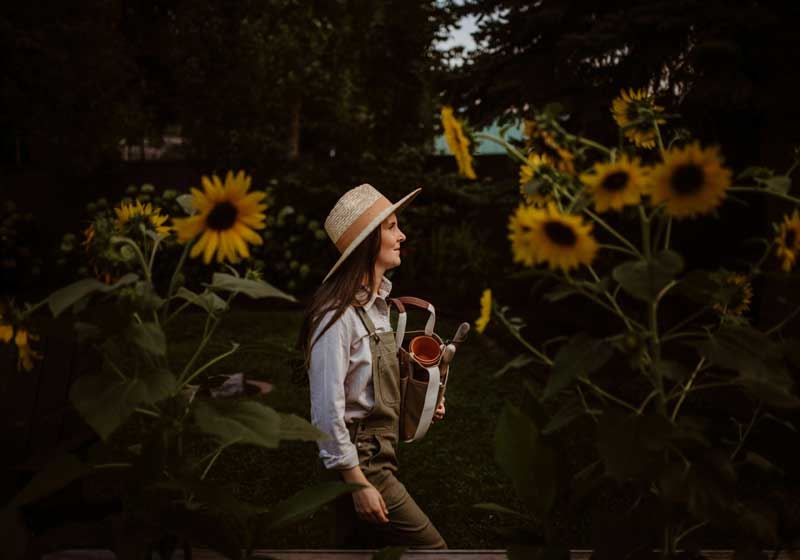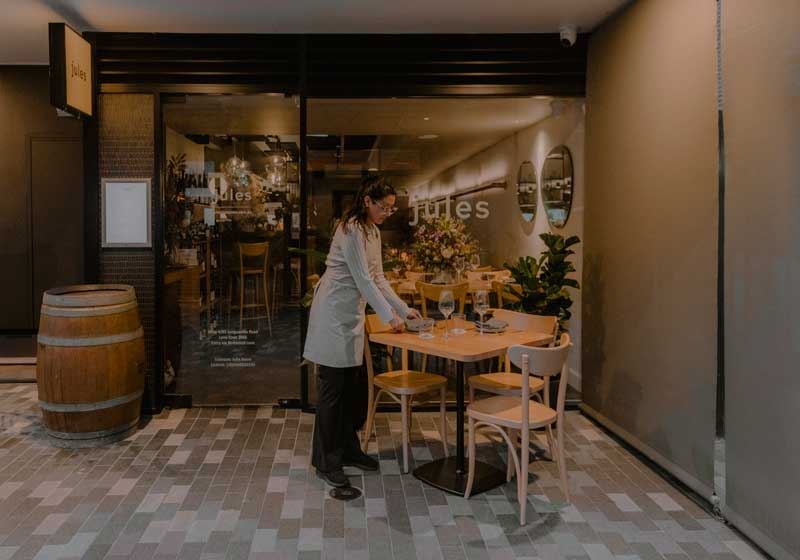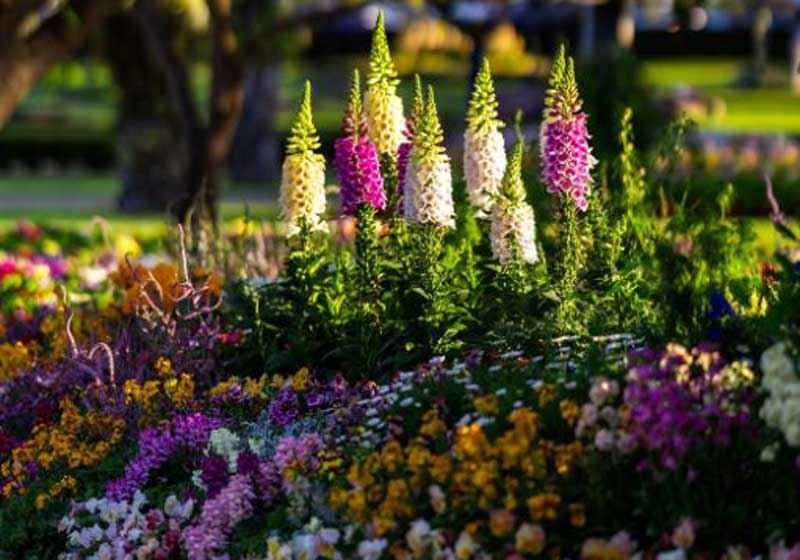By Laura Rancie.
What is a locavore? How do you qualify to be one, what if I encounter one down a dark alley or can I opt-out at any time?
These may be some of the questions running through your head at the previously uncommon word, locavore.
Let me put you at ease straight away and inform you that a locavore is in fact, put simply, someone whose diet consists mainly of locally grown and produced food. Phew! That wasn’t as bad as we thought, was it? It’s derived from the word local, ‘loca’ and the suffix ‘vore’, in relation to diets such as carnivore or omnivore. Put together, it’s someone who eats food sourced locally.
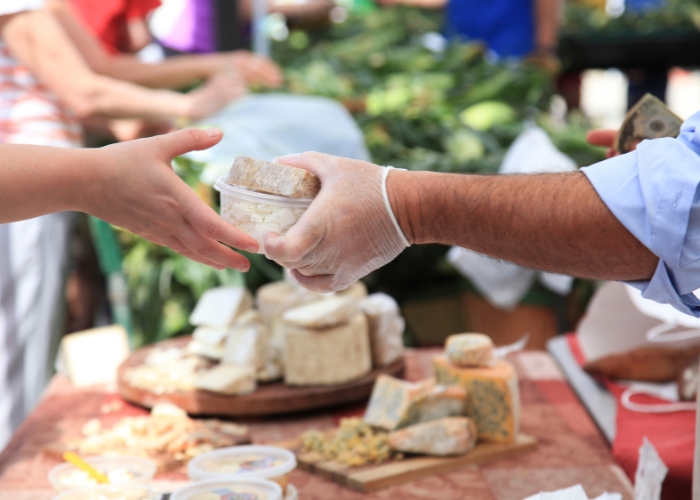
When we talk about the local food movement - fishermen, farmers and small-batch artisan producers – these are the types of locals that you would be supporting by being a locavore.
What is great about the word is that it even applies to those living outside of Byron Bay! Bonus.
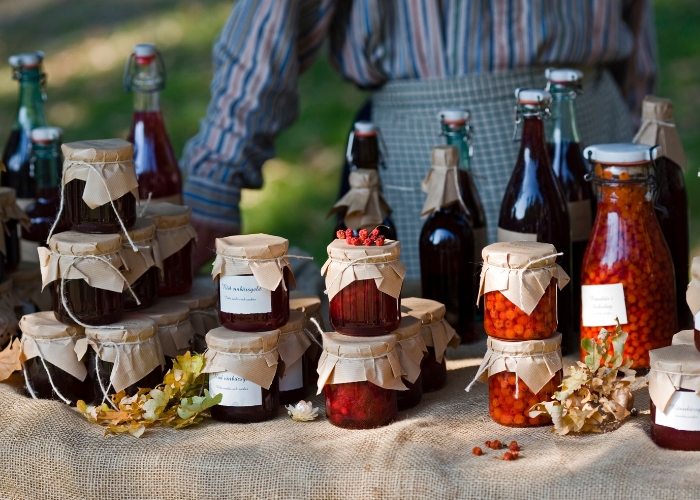
What Do Locavores Eat?
Ideally, anything that sits within a 100 km radius, but the closer the better. It can include meat, fish, vegetables, honey, fruit and any food products that come from farms and food producers.
Why Choose Local?
We all know that locally grown food is fresher, likely better tasting and often more nutritionally beneficial than food that is out of season, has travelled across the country or from other countries, frozen or treated with chemicals, fertilisers and pesticides.
What Else?
If we get into the finer details, locavores also love the idea that buying local not only supports the immediate community but also gives back to the environment through sustainable farming practices and reduces air, water and soil pollution. It could also be argued that a lower consumption of fuel costs and fuel consumption, as well as refrigeration requirements, would help to cut down on greenhouse gas emissions and global warming.
Where to Start?
Shop at your local farmers' markets, search your local FB community page for neighbours who may be selling eggs or herbs. Do some research and know where your food comes from. That is a great first step!



